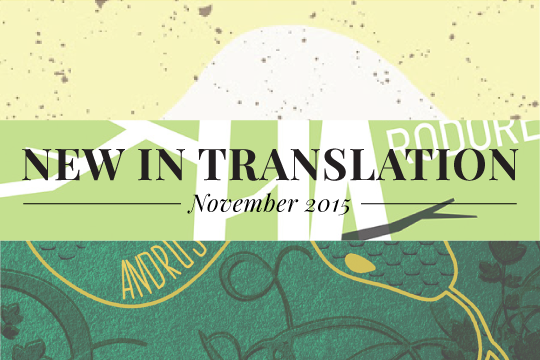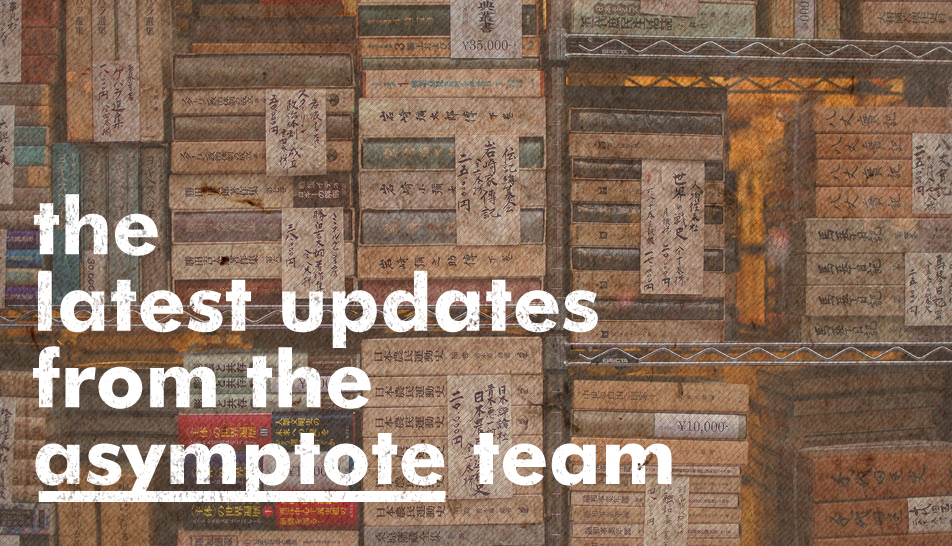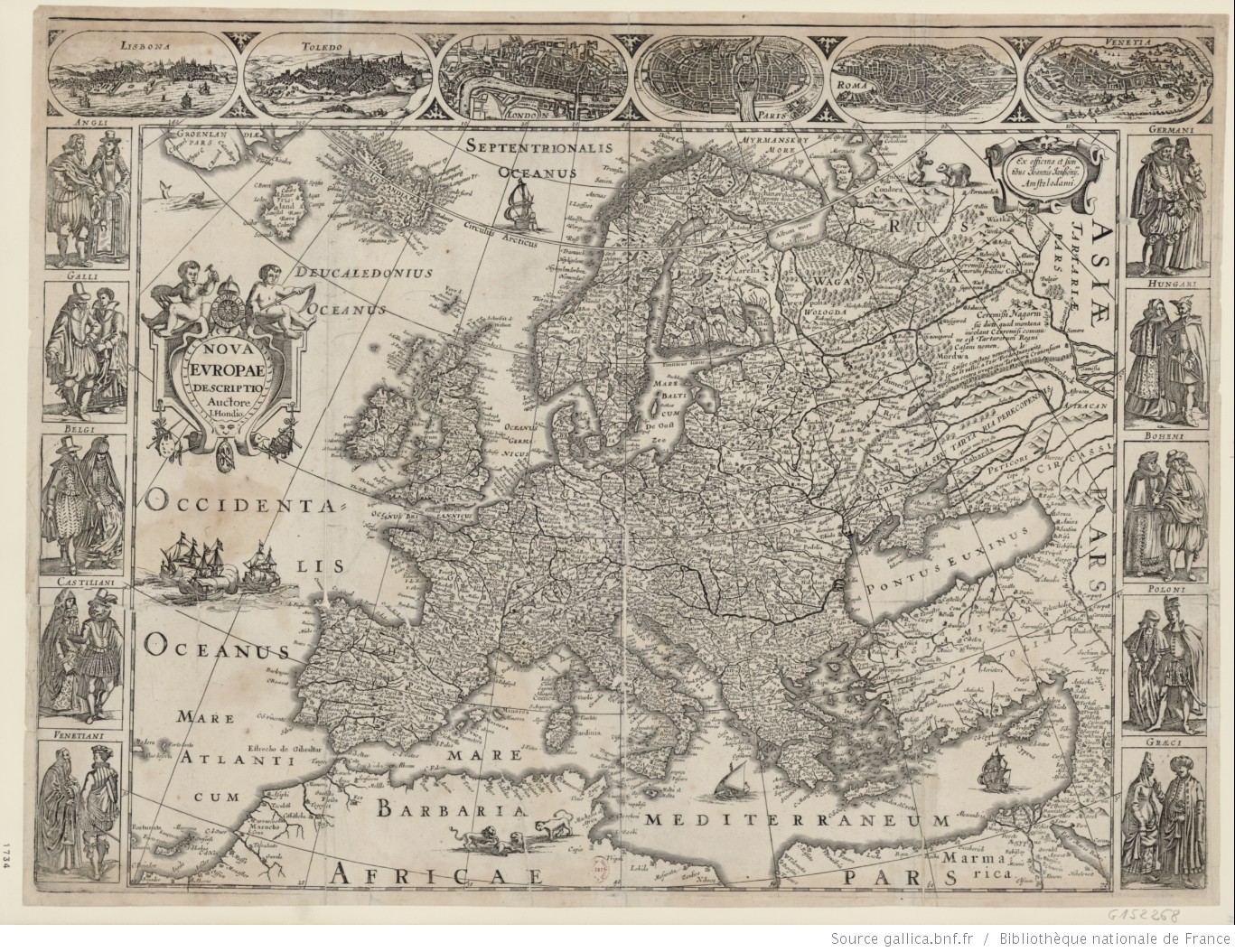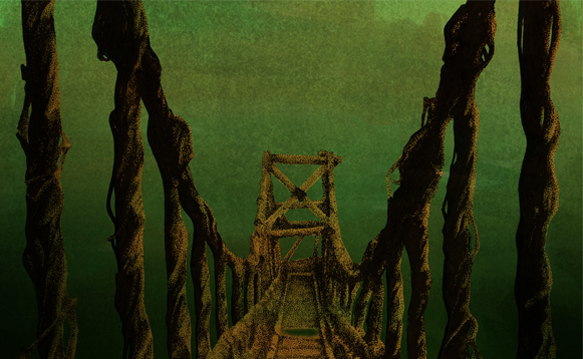Happy Friday, Asymptote. Hard to believe a week has already passed since the American Literary Translators Association conference in Tucson, Arizona—but it has, and the National Translation Award-winners have been announced: prose honors went to William M. Hutchins’s translation from the Arabic of The New Waw: Saharan Oasis, and Pierre Joris’s iteration of the later poems of famed German poet Paul Celan—collected in an edition titled Breathturn into Timestead—won the poetry bid.
Meanwhile, the Lucien Stryk Prize, which focuses on Asian-language translations, went to Eleanor Goldman, who snagged top prose honors for her translation of Something Crosses my Mind by Wang Xiaoni, translated from the Chinese (be sure to read some of Goodman’s Wang Xiaoni translations in our July 2014 issue here!). And the Italian Prose in Translation Award went to Anne Milano Appel, for her translation of Blindly, by Claudio Magris. Congrats to all!













